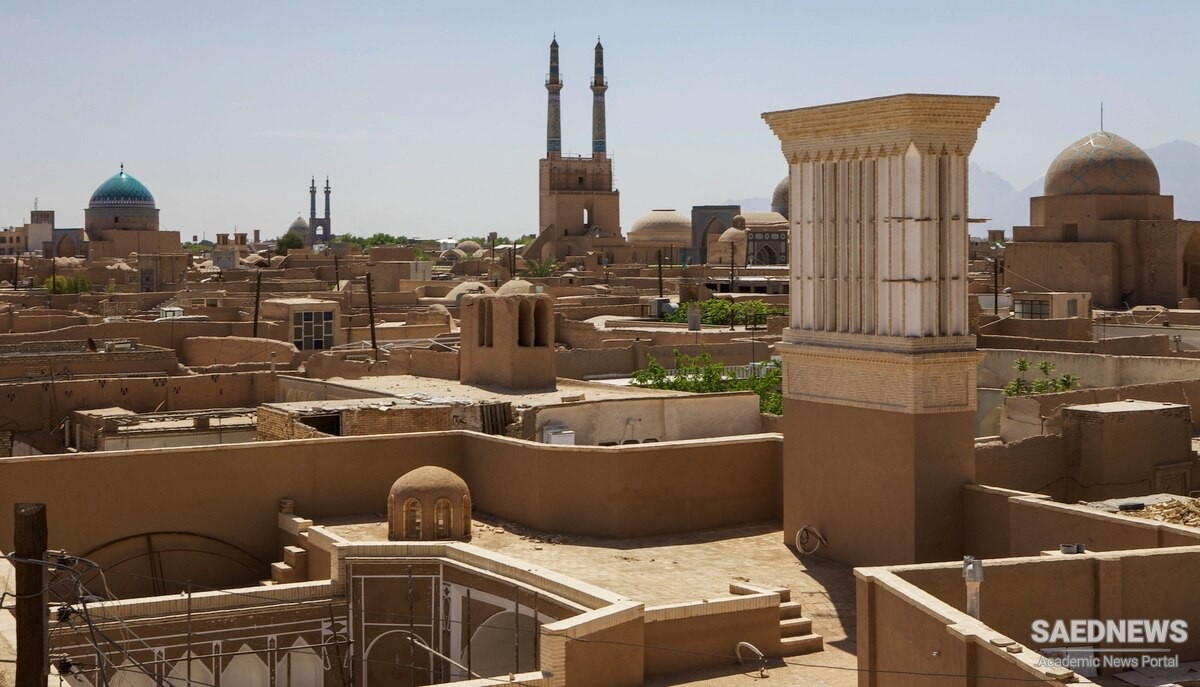Until the Arab invasion, the Zoroastrians dominated Iran politically and formed the majority of the population of the country outside Mesopotamia, then still part of the Iranian empire. The end of their religious and cultural hegemony after 634 made their situation at first similar to that of Jews and Christians. However, not long after Arab rule had been established, they were gradually removed from positions of influence and a century of strife ensued in Iran between Arabs and Iranians. The Jews and the Christians, who had experience of living as minorities, were able to survive the change of power and maintained their presence in political circles. The Muslim rulers still relied on these communities for administering their lands, not always because the Muslims lacked the necessary skills, but more because the Jews and the Christians were dependent on their patrons due to their fragile minority status. There were professions, however, in which the Jews and the Christians excelled. Since the Sassanian period, the Christian academic centre of Gundishapur produced the most renowned physicians of Iran. There were also outstanding scholars among the religious minorities who provided the Islamic world with their knowledge of philosophy and science. After all, the non-Muslims were the offspring of ancient civilizations and guardians of knowledge to which Muslims desired access. They were not simply a wretched persecuted minority, as the traditional view has depicted, but were rather partners in the creation of a new civilization, called Islamic in the Modern Period (Source: the Fire, the Star and the Cross).


 Zoroastrianism: the Essence of Religion of Zoroaster
Zoroastrianism: the Essence of Religion of Zoroaster














































